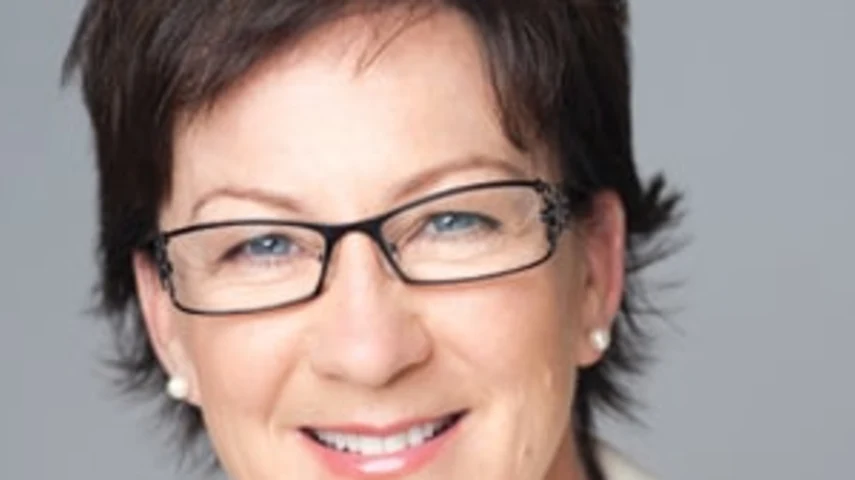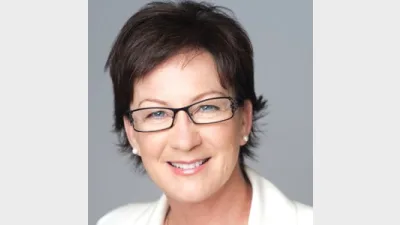SPAA rejects single regulator for all super



Self-managed superannuation funds (SMSFs) are different and should remain under the regulatory oversight of the Australian Taxation Office, according to the SMSF Professionals' Association of Australia (SPAA).
SPAA chief executive Andrea Slattery has rejected the findings of a Super Review survey that the superannuation industry should be covered by a single regulator — the Australian Prudential Regulation Authority (APRA).
The survey, conducted during the recent Association of Superannuation Funds of Australia (ASFA) national conference in Perth, revealed that over three-quarters of respondents supported a single regulator.
However Slattery described the outcome as being "wilfully ignorant" of how the sector works".
"The simple fact is APRA's mandate under the SIS legislation is to regulate funds solely on a prudential basis," she said.
"The reason for this level of control is to ensure trustees who are removed from fund members have substantial and robust systems in place to protect those members' interests.
"This differs to SMSFs that have a more detailed and technical oversight to ensure the amounts being accumulated for members is directed to the sole purpose of building retirement savings," Slattery said.
She said that for APRA to be allowed to apply prudential principles to SMSFs would result in significant changes in non-compliance because prudential supervision was general and broad-based — something which only worked where large funds were involved due to their magnitude and scale of operation.
"It also ignores the fact that the current regulator, the Australian Taxation Office (ATO), is one of the premier government agencies that competently operates in a high volume processing environment. When you consider there are more than half a million SMSFs, then that's exactly the type of agency that's required for SMSFs," she said.
Recommended for you
The central bank has announced the official cash rate decision for its November monetary policy meeting.
Australia’s maturing superannuation system delivers higher balances, fewer duplicate accounts and growing female asset share, but gaps and adequacy challenges remain.
Global volatility and offshore exposure have driven super funds to build US-dollar liquidity buffers, a new BNY paper has found.
Less than two in five Australians are confident they will have sufficient assets to retire and almost three-quarters admit they need to pay greater attention to their balance, according to ART research.









